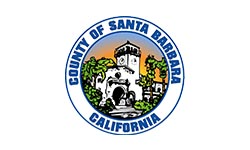Measuring Conversion Rates
In order to measure conversion rates, you need a type of conversion that is measurable online. Contact forms, email list sign-ups, and online sales are good examples of conversions that can easily be measured online because you can count the number of responses or sales you get. The other thing you need is a good site analytics program. Google Analytics is the most popular and it’s free, though there are many others, some of which provide functionality that Google Analytics does not.

Once you have an analytics program in place and are counting your conversions, your conversion rate is simply the ratio of contacts to new visitors. For example, if you had 100 new visitors to your site and 2 of them fill out your contact form, your conversion rate for the contact form would be 2%.
Typical conversion rates for many kinds of conversions are .5% – 2%. Conversions are a numbers game. To increase your number of conversions you need to increase the number of visitors to your site and/or increase your conversion rates. All of blog articles written previously have focused on ways to increase conversion rates. Compelling content, good calls to action and FREE downloads are all ways to increase your conversion rates.

It’s usually a good idea to do everything you can to improve your conversion rates BEFORE you start trying to increase your traffic. Sending more traffic to a poorly converting site is a waste of money. Of course, having a great converting site with no traffic is equally useless. In future articles, we will focus on testing conversion rates and ways to increase traffic to your site.

































